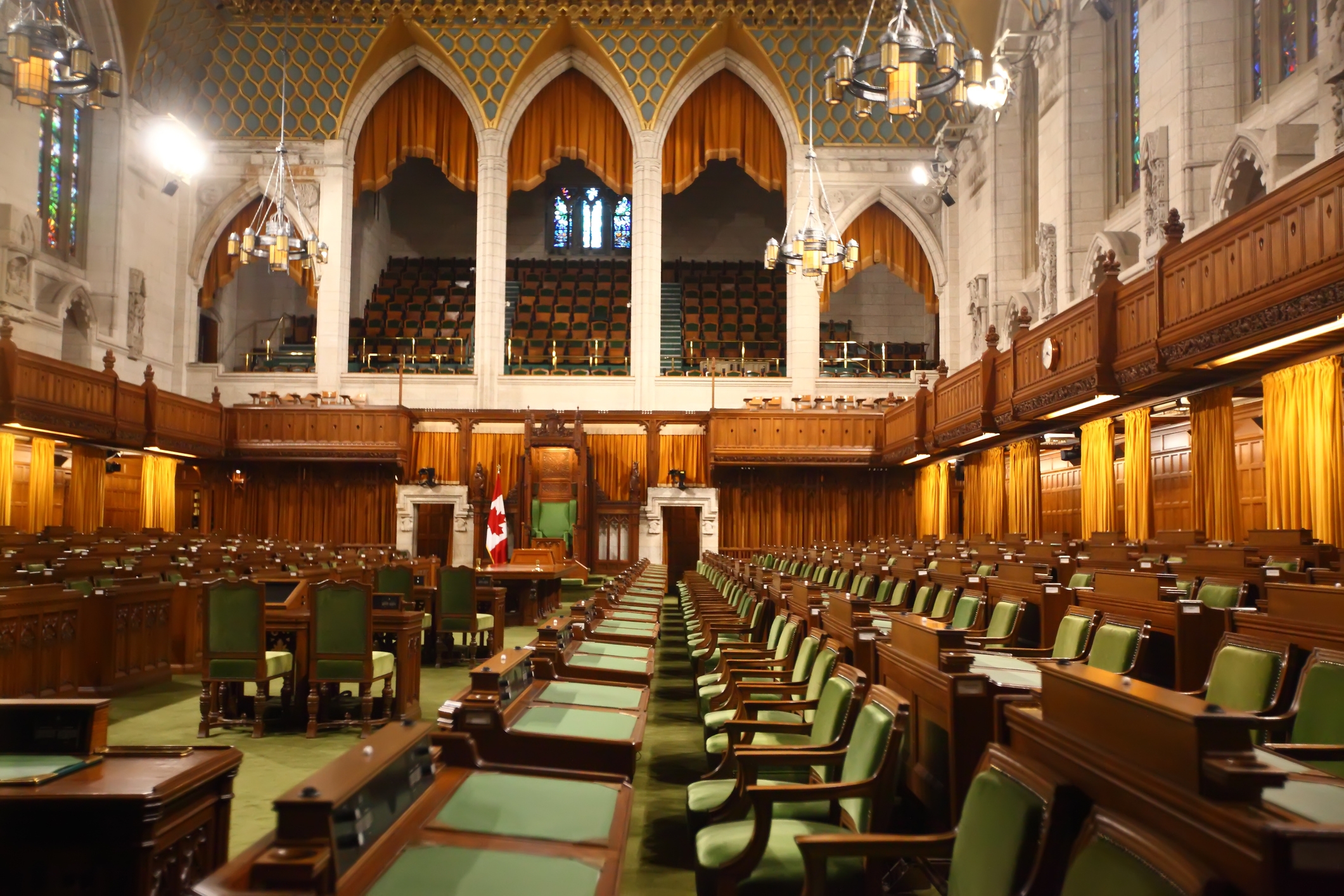The medical care system clearly needs government support to get it back to health
Our content is fiercely open source and we never paywall our website. The support of our community makes this possible.
Make a donation of $35 or more and receive The Monitor magazine for one full year and a donation receipt for the full amount of your gift.
When we get really sick, the first thing we do is seek help from Canada’s cherished medical care system—a system that has been stretched to the breaking point throughout the COVID-19 pandemic.
That system clearly needs government support to get it back to health.
But that’s not where our story about health should end. Because our medical care system is currently geared to treating illness after the fact.
The other side of the equation—the side that can help us live longer—doesn’t involve a hospital, an emergency room, or a doctor’s office. It involves investing more on the social and ecological side of the equation.
As the World Health Organization (WHO) wrote in its 2008 report on the social determinants of health, “lack of health care is not the cause of the huge global burden of illness; water-borne diseases are not caused by lack of antibiotics but by dirty water, and by the political, social and economic forces that fail to make clean water available to all; heart disease is not caused by a lack of coronary care units but by the lives people lead, which are shaped by the environments in which they live; obesity is not caused by moral failure on the part of individuals but by the excess availability of high-fat and high-sugar foods.
“The main action on social determinants of health must therefore come from outside the health sector.”
A year after the WHO published that report, the Senate of Canada published A Healthy, Productive Canada: A Determinant of Health Approach. It implored governments to “change our way of thinking and recognize that good health comes from a variety of factors and influences, 75 per cent of which are not relate to the health care delivery system.”
Let that sink in: 75 per cent of what shapes our health comes from outside the medical system.
This is why more medical care isn’t enough. The Senate report urged governments to make investments in things like food security, early childhood learning, education and housing.
It also recommended that the federal Department of Finance, Privy Council Office, and the Treasury Board Secretariat review interdepartmental spending “with the aim of allocating resources to programs that contribute to health disparity reduction.”
To that end, Get Well Canada has a proposal. Get Well Canada is a project led by Generation Squeeze as part of a Canadian Institutes of Health Research (CIHR) grant—whose work is the themed focus of this edition of the Monitor. The groups behind Get Well Canada (including the CCPA, via its Think Upstream project) are proposing that governments report and monitor the social-to-medical spending ratio in Canada.
They’re seeking a better balance between social and medical spending. As governments attempt to get Canada’s medical system off of life support, it’s clear that required reforms will still require a sizable chunk of public funding—especially to keep health care out of the hands of private profiteers.
But there’s a but.
Governments need to enhance public investments in social and income supports in measures that make our communities more liveable and our environment more inhabitable for all creatures. This recalibration is necessary to complete our health system.
As we’ve grown our economy and expanded the number of people who live here, Canada has cut funding to the social determinants of health—the exact opposite of the best expert advice.
The more Canada’s medical system is on fire, the more money governments need to firehose the system. They’re training the hose on the flames without looking at what’s causing them.
The great Tommy Douglas, founder of Canada’s public health care system, never imagined we’d focus on hospitals at the expense of all else: “the ultimate goal,” he said, “must be to keep people well rather than just patching them up when they get sick.”


